It is vital to protect yourself from snake bites when walking through snake-infested areas. The right footwear can keep you safe in outdoor adventures when encountering a venomous serpent.
In this post, we’ll look at whether snakes can bite through rubber boots and different snake-proof material choices and specialized snake-proof boots.
Can Snakes Bite Through Rubber Boots?
We think the answer depends on different types of rubber and situations. Rubber boots are popular among outdoor and hunting enthusiasts due to their durability and water-resistant features.
Whether snakes can bite through rubber or not depends on the following factors:
Rubber Boot Thickness: Snakes have sharp teeth, but their ability to puncture rubber boots depends largely on the thickness of the rubber. Thicker rubber boots are less likely to be penetrated by snake fangs. Therefore, choosing boots with thicker rubber soles and uppers can provide better protection.
Snake Species: The ability of a snake to bite through rubber boots can also depend on the species. Some snakes have more powerful bites and longer fangs than others. Venomous snakes, in particular, can deliver a potent bite. Therefore, it’s crucial to be aware of the snake species in your area and their characteristics.
Strike Angle and Force: Snakes typically strike from a low angle, aiming for the lower part of their target. Rubber boots, especially those that cover the entire calf, can provide a significant barrier against snake strikes. Additionally, the force with which a snake strikes can affect its ability to penetrate the boot. Thicker rubber can absorb and disperse the force, reducing the risk of a bite.
Boot Fit and Types: Properly fitting rubber boots that are snug around the ankles and calves can further reduce the risk of a snake bite. Snakes may struggle to find a gap to bite through if the boots fit well. Also, some of the rubber boots, especially for hunting, are made of anti-snake bite material and can guard you against hunting areas with snakes.
Can Snakes Bite Through Leather Boots?
We have already explored whether snakes can bite through rubber boots, but there are lingering questions regarding snake bites and leather boots. Leather boots are another popular choice for outdoor activities. Many people wonder if snakes can bite through them.
Now, let’s dive deeper into leather boots to find out the truth. Leather is generally thicker and more rigid than rubber, which can provide some protection against snake bites. However, the effectiveness of leather boots in preventing snake bites also depends on several factors.
Leather Thickness: Just like rubber boots, the thickness of the leather plays a significant role in determining whether snakes can bite through them. Thick, high-quality leather boots are less likely to be penetrated by snake fangs.
Snake Species: As mentioned earlier, the snake species in your area matters. Some snakes have more robust bites and fangs that can potentially puncture leather boots. Knowing the prevalent snake species can help you choose the right protective gear.
Boot Height: Leather boots come in various heights, and those that cover the lower legs and calves offer better protection against snake bites. High-top leather boots can make it more challenging for a snake to reach your skin.
Boot Quality: The quality of the leather and the construction of the boots are crucial factors. Well-made, durable leather boots are more likely to withstand a snake bite compared to cheap or poorly constructed options.
What Material Can Snakes Not Bite Through?
We have learned that snakes can not bite through some of the thick rubber and leather. What about the other materials? There are several materials that have proven to be effective in providing protection against snake bites.
Let’s check out the alternatives as follows:
Thick Rubber: Thick rubber is a formidable barrier against snake bites, especially when it covers the lower legs and calves.
High-Quality Leather: While leather is not totally impervious to snake fangs, it can nevertheless give some protection, especially against smaller snake species. High-quality leather, particularly when thick and well-constructed, can provide protection against snake bites.
Snake-Proof Fabrics: Denier nylon, Cordura, and Kevlar are common textiles used in the manufacturing of snake-proof boots. These textiles are tightly woven and have a strong resistance against snake fang punctures.
Synthetic Materials: Snake-proof boots are made from a variety of synthetic materials, including synthetic leather and synthetic mixes. These materials are designed to be both durable and resistant to snake bites.
Reinforced Layers: Some snake-proof boots include extra layers of protection, such as rubber or composite reinforcements, in vital regions such as the footbed or the upper part of the boot. These layers improve overall snake bite resistance.
Metal Guards: Metal guards or inserts are incorporated into the design of some specialty snake-proof footwear. These metal components provide an additional layer of protection, particularly in high-risk locations such as the toe or shin.
Key Features Of Snake-Proof Rubber Boots
When it comes to protection against venomous snake bites, snake-proof rubber boots offer a range of key features that provide both peace of mind and reliable defense.
Snake Guard Material: Snake-proof boots often incorporate puncture-resistant materials like Kevlar or other synthetic fabrics. These materials are strategically placed in the boot to provide an extra layer of protection.
Reinforced Soles: The soles of snake-proof boots are typically reinforced to prevent bites from underneath. This is especially important when walking through tall grass or rough terrain.
Secure Closures: Snake-proof boots often have secure closures, such as zippers or laces, that help seal the boot and prevent snakes from finding openings.
Comfort and Fit: Snake-proof rubber hunting boots are usually made with a high shaft up to the knee to prevent snakes biting or getting into your feet. Despite their added protection, those boots are designed to be comfortable and provide a secure fit. This ensures that you can move freely without compromising safety.
Snake Bite Certification: Look for boots that are certified as snake bite-resistant by reputable organizations. These certifications indicate that the boots have undergone rigorous testing to prove their effectiveness.
What To Wear For Snake Bite Protection?
Snake-proof boots are the best choice for those who frequently walk or work in areas where snake encounters are common.
These boots are specifically designed to offer the best protection against snake bites. They are constructed using anti-snake materials and construction techniques that make snake penetration extremely difficult.
When it comes to rubber snake boots, one brand that stands out is Kalkal. Kalkal snake-proof hunting boots are known for their durability and snake bite protection.
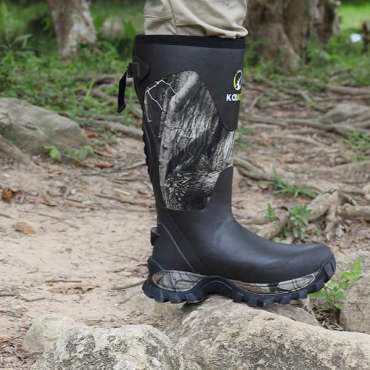
Features:
- Enhanced snake bite protection.
- 100% waterproof neoprene and natural rubber material.
- Breathable mesh lining with better air circulation.
- Adjustable buckle and strap to tailor different calf sizes.
- Cushioning and shock absorption for a snug fit.
- Anti-slip outsole offers great traction and stability on any terrain.
These boots are made from thick rubber with reinforced soles and offer excellent coverage, making them a reliable choice for outdoor enthusiasts, hunters, and professionals who require snake protection in the field.
Instead of wearing snake proof rubber boots, you can also get a pair of snake gaiters, which can protect your whole leg from snake bite.
Here we introduce the Kalkal Snake Gaiter. Made from top-notch 1200D Oxford fabric that is waterproof and snakeproof, they protect you from even the harshest conditions.
With 32 strong polypropylene panels designed for mechanical puncture resistance, these leg gaiters can provide dependable protection against snakes and sharp obstacles. They are easily adjustable and suitable for most adults, catering to a range of outdoor pursuits including hunting and hiking.
Despite being durable, they are lightweight, convenient, and won’t slow down your movement.
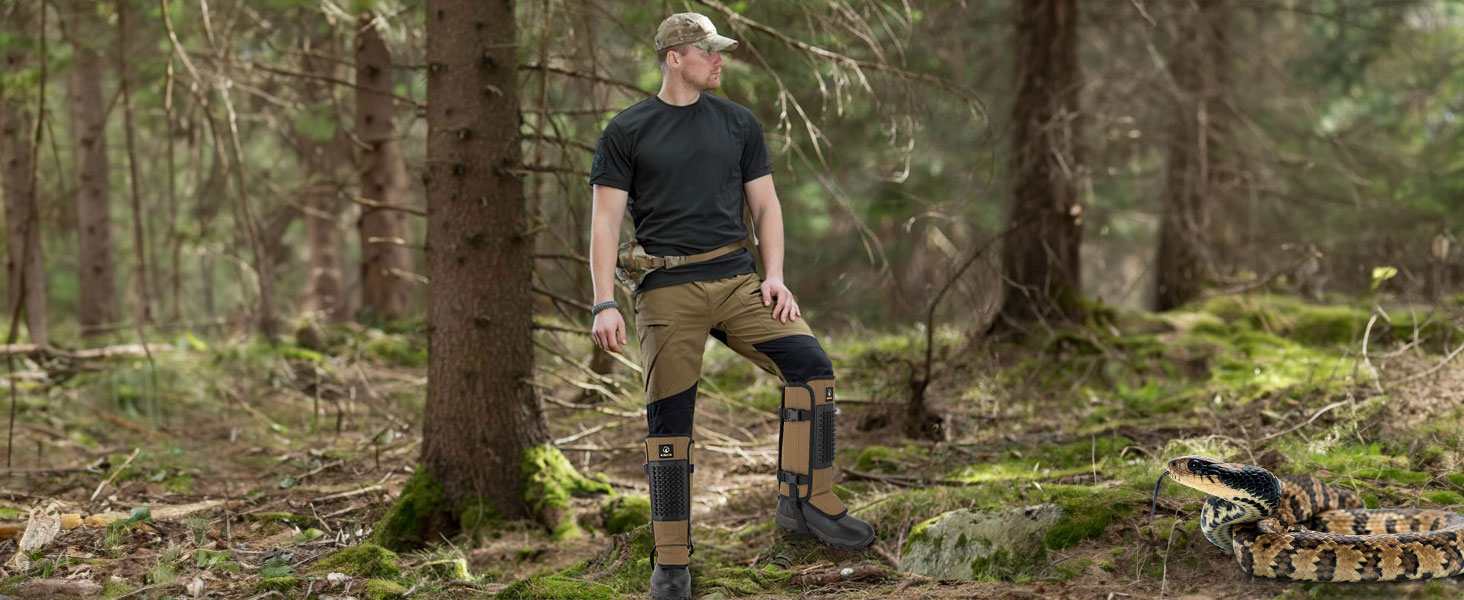
Conclusion
When it comes to protecting yourself from snake bites, choosing the right footwear is crucial. While snakes can potentially bite through rubber boots and leather boots, the risk can be minimized by selecting thick, well-constructed options and considering the snake species in your area.
For the highest level of protection, specialized snake-proof boots, such as KalKal snake-proof hunting boots, are a good choice. These boots are designed with materials and features that make it extremely difficult for snakes to penetrate, ensuring your safety during outdoor adventures and work in snake-prone environments.


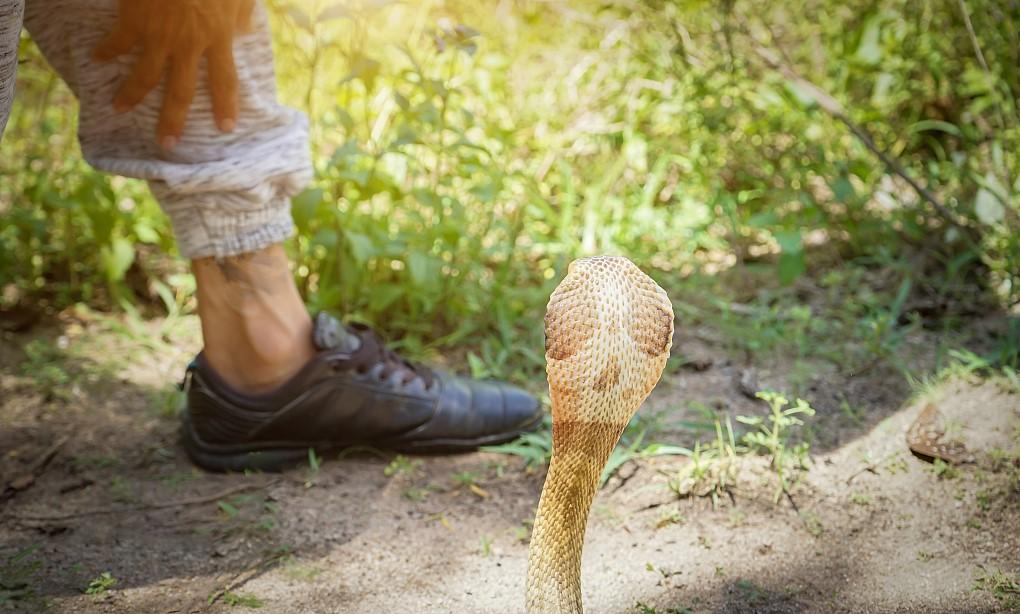
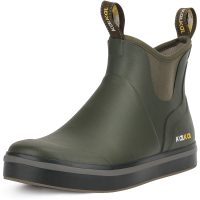

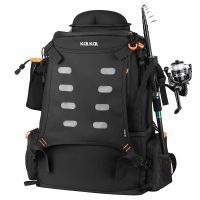
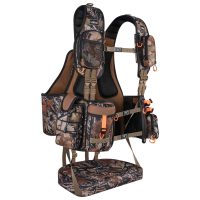





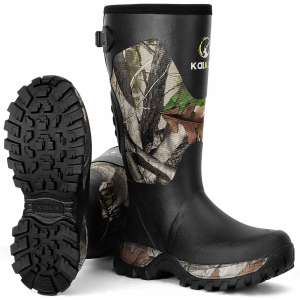
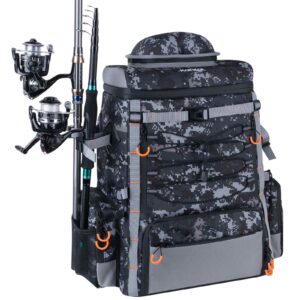
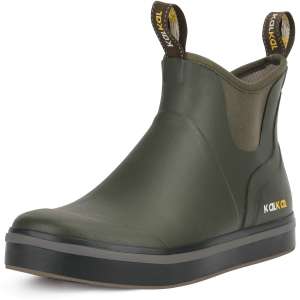
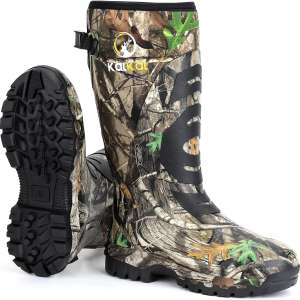
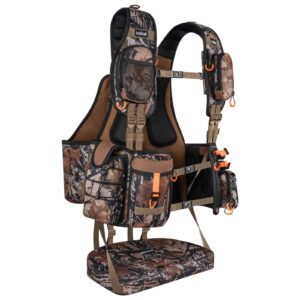

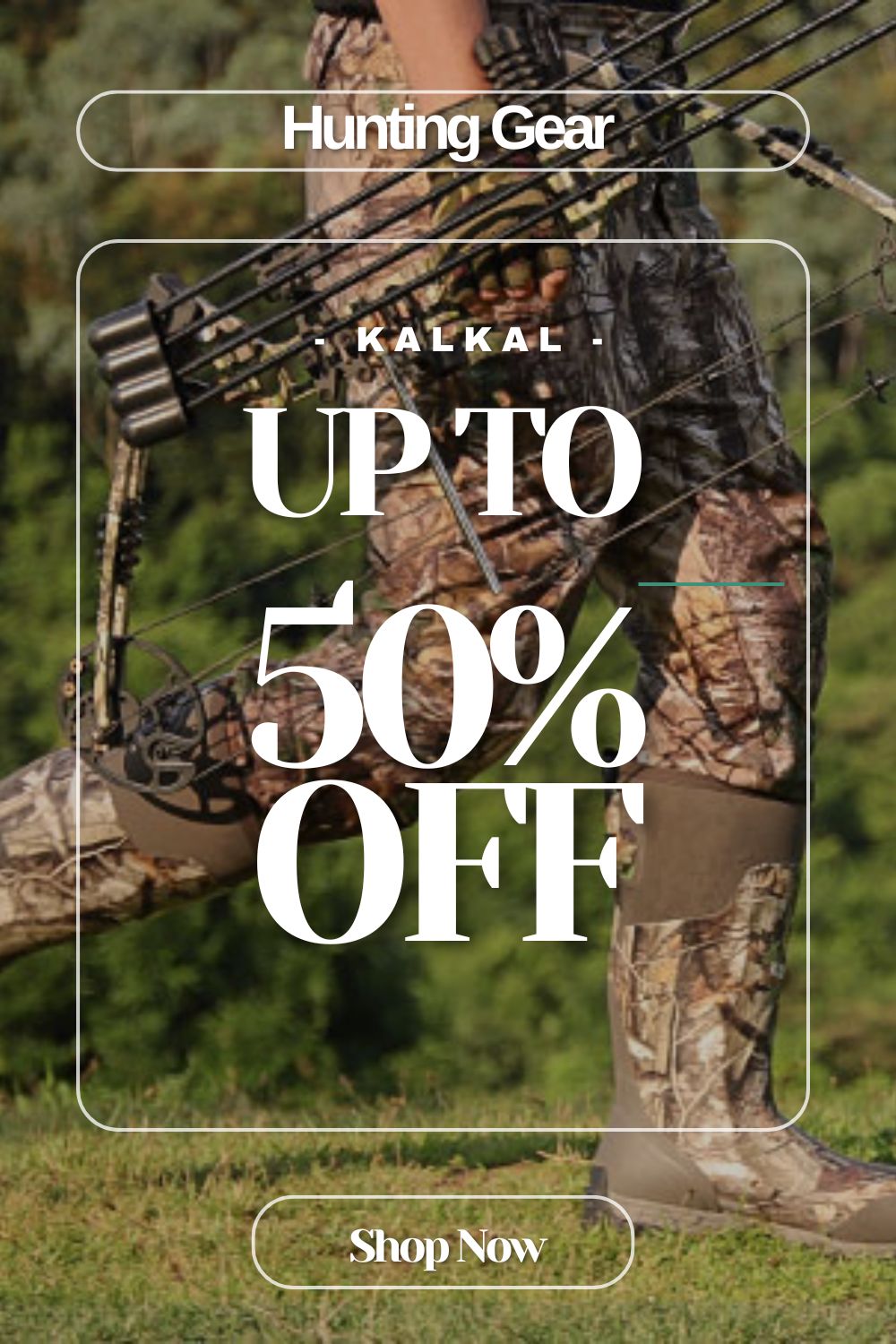

Leave a reply